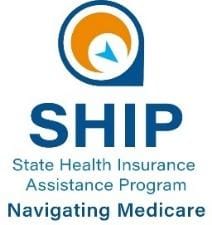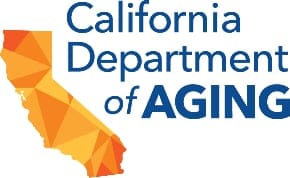
A Medicare Advantage (MA) plan is an alternative to Original fee-for-service Medicare.
Medicare pays MA plans to manage beneficiaries’ health care. Currently, 3 types of MA plans exist.
In order to join an MA plan, you must be enrolled in both Medicare Part A and Part B, and you must continue to pay the Part B premium. If you join an MA plan, you are still on Medicare and retain the full rights and protections entitled to all beneficiaries.
You receive all Medicare-covered benefits through the private MA plan you choose. Some MA plans offer Medicare prescription drug coverage (these are known as MA-PD plans), but other plans do not (these are known as MA-only plans). If you join an MA-only plan, you may not join a separate Medicare Part D plan. Typically, you see Veterans enroll in MA-only plan because they receive their Medications through the VA and do not need Medicare drug coverage.
The 3 types of MA plans are as follows:
Health Maintenance Organizations (HMOs)
If you enroll in a Medicare HMO, you will be required to use only doctors and facilities that contract with your HMO. You will have a primary care doctor who manages your health care needs.
Before you see a specialist in your HMO network, you must get a referral from your primary care doctor. This requirement is waived for emergency care and out-of-the area urgent care. If your current doctors are not under contract with the HMO, you must select new physicians who are part of the HMO network.
If you want to see a doctor outside the plan (known as an out-of-network non-preferred doctor), and you do not have a pre-approved referral, you are responsible for the cost. Most likely, neither your HMO plan nor Medicare will cover the cost.
Preferred Provider Organizations (PPOs)
Medicare PPOs, like Medicare HMOs, have networks of doctors, hospitals, and other providers. You’ll pay lower copayments or coinsurance when you use in-network (preferred) providers. You can still see out-of-network providers, but you’ll typically pay higher cost-sharing for those services.
Unlike HMOs, you generally do not need a referral to see a specialist or go out of network. However, many services, whether in-network or out-of-network, may require prior authorization. This includes things like hospital stays, certain outpatient procedures, high-cost imaging, and some specialty care. Always check with your plan to confirm which services require prior approval to avoid unexpected costs.
Special Needs Plans (SNPs)
Medicare Special Needs Plans (SNPs) are a type of Medicare Advantage plan specifically designed to provide targeted care and coverage for people with unique health needs. These plans tailor their benefits, provider networks, and drug coverage to serve specific groups:
- C-SNPs: For individuals with certain chronic or disabling health conditions (e.g., diabetes, heart failure).
- D-SNPs: For people eligible for both Medicare and full Medi-Cal (dual eligibles).
- I-SNPs: For individuals who live in institutions like nursing homes, or at home but require an institutional level of care.
SNPs help coordinate care more effectively for those who need specialized support.
This [project/publication/program/website, etc.] [is/was] supported by the Administration for Community Living (ACL), U.S. Department of Health and Human Services (HHS) as part of a financial assistance award totaling $80,788 with 100 percent funding by ACL/HHS. The contents are those of the author(s) and do not necessarily represent the official views of, nor an endorsement, by ACL/HHS, or the U.S. Government.





